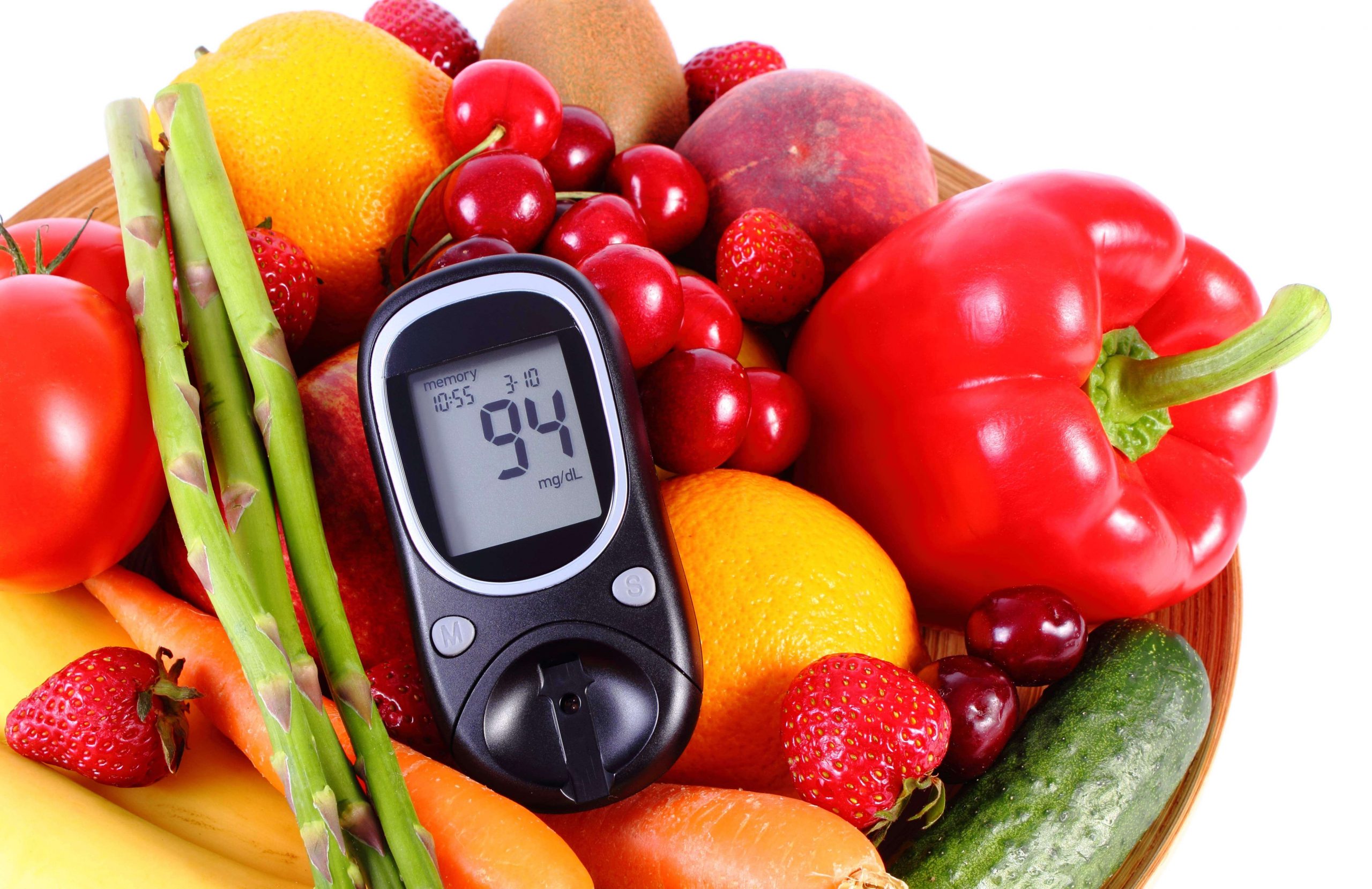
Diabetes is the condition in which the body does not properly process food for use as energy. Most of the food we eat is turned into glucose for our bodies to use for energy. The pancreas makes insulin to help glucose get into the cells of our bodies. When you have diabetes, your body either doesn’t make enough insulin or can’t use its own insulin as well as it should, which causes sugars to build up in the blood. This results in abnormal metabolism of carbohydrates and elevated levels of glucose in your blood and urine.

There are two main types of diabetes.
Approximately 90% of patients with diabetes suffer from type 2 diabetes making it much more common than type 1.
Causes of type 1 diabetes include autoimmune, genetic, and environmental factors such as a virus. Causes of type II diabetes include older age, obesity, family history of diabetes, prior history of gestational diabetes, impaired glucose tolerance, physical inactivity, and race/ethnicity.
Some people, especially those with prediabetes, may not experience symptoms initially. In type 1 diabetes, symptoms tend to come on quickly and be more severe. Symptoms for type 1 or type 2 diabetes could include:
Diabetes care is complex and requires that many issues, beyond glycemic control, be addressed. Treatment could include diet control, exercise, home blood glucose testing, and in some cases, oral medication and/or insulin. Approximately 40 percent of people with type 2 diabetes require insulin injections.
To learn more about our treatment options contact our team today.